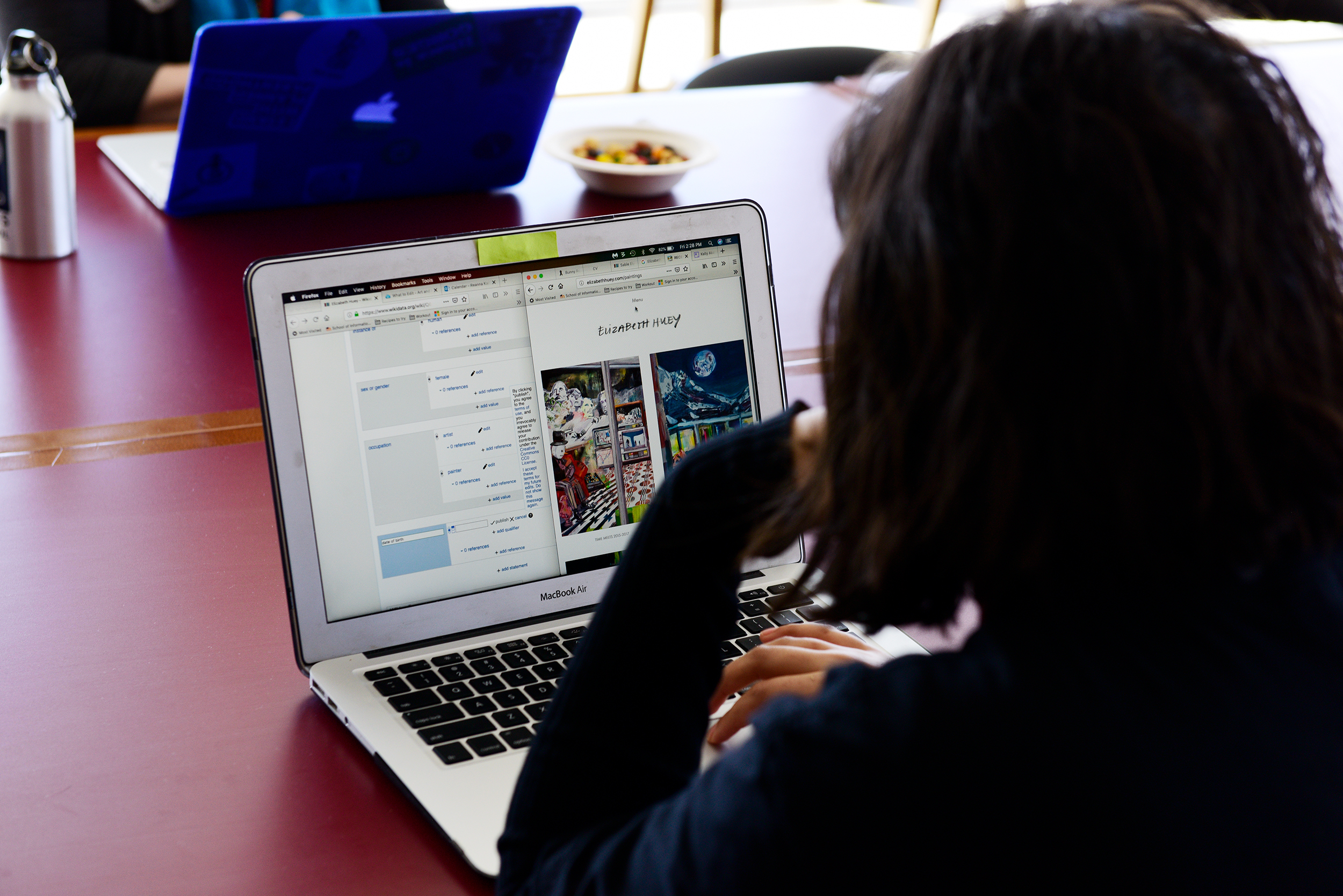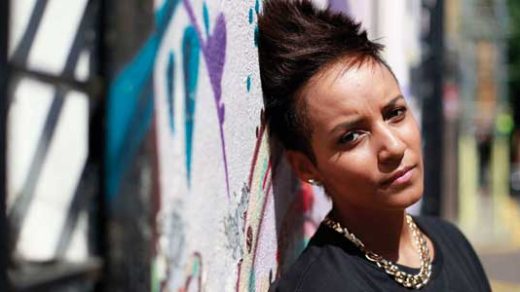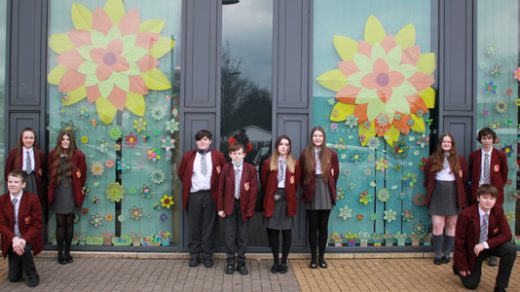Education recovery funding doubles for secondary schools

The UK government has announced funding to support children’s education recovery will be doubled in secondary schools from next year.
They said this will support all children in the UK to reach their ‘full potential’.
Children and young people faced challenges in their education during the pandemic, so the government introduced a £1 billion Recovery Premium.
The government said this premium, shared between schools, is ‘turbo-boosting’ schools’ work to get pupils back on track by funding evidence-based activities such as additional tutoring.
The funding will enable schools to provide further support for pupils above and beyond that already provided by the vital National Tutoring Programme.
Indicative rates for schools published today show a typical secondary school will receive over £60,000 next year – up from around £30,000 this year.
A typical primary school will receive almost £7,000 – a further increase from last year.
The government said the funding will mean any child falling behind in English or maths will receive targeted support to get back on track, with parents kept up to date on their progress.
The announcement comes as new data is published on the National Tutoring Programme, showing over 1.5 million courses have started since the programme’s launch, with almost 1.2 million courses starting this academic year.
Tutoring continues to be fundamental to children and young people’s recovery, and parents are encouraged to check in with their school if they believe their child is eligible.
This education recovery plan is worth nearly £5 billion.
The government said the plan is key to levelling up education across the country, ensuring where a child lives has no bearing on the opportunities available to them.
Schools Minister Robin Walker said: “The National Tutoring Programme has transformed the way schools provide support for the young people who need it the most.
“Children from all backgrounds and all corners of the country have now started over 1.5million tutoring courses, which is testament to the programme’s success.
“The doubling of the Recovery Premium for secondaries will further bolster the support schools are able to offer for pupils who need it, helping each and every young person – wherever they live – get back on track and stay on track.
“I encourage schools to make full use of all on offer to support children in catching up.”
The £1 billion Recovery Premium means secondary schools will receive £276 per eligible pupil, with primary schools receiving £145 per eligible pupil.
Pupils in special units in these schools will attract double the funding rate.
Special schools and alternative provision will receive £290 per primary pupil and £552 per secondary pupil.
This extra support in secondary schools reflects evidence showing the greater gaps in older pupils’ learning and lower amount of time those pupils have left in education.
Primary pupils have already recovered around two thirds of progress lost due to the pandemic in reading, and around half of progress lost in maths.
The National Tutoring Programme is being simplified ahead of next year, with all funding to be provided directly to schools. This reflects the success of the school-led tutoring route this year.
That success is demonstrated in today’s statistics.
In this academic year, an estimated 913,000 courses started through the School-led route, 165,000 starts have been made on courses through Tuition Partners, and an estimated 118,000 courses have started through the Academic mentor pillar of the programme.
The National Tutoring Programme, alongside recovery funding, 500,000 teacher training opportunities and plans for a stronger and fairer school system, support the government’s ‘Levelling Up’ mission for education.
This mission is for 90% of primary school children to achieve the expected standard in Key Stage 2 reading, writing and maths by 2030.
In secondary school, the Government’s mission is for the national average GCSE grade in both English language and maths increase from 4.5 to 5, to the same timeline.
More information on Recovery Premium rates can be found here.
Image credits: The photograph ‘Art+Feminism at Cornell University‘ is copyright (c) 2019 by Sai5 and licensed under CC BY-SA 4.0





